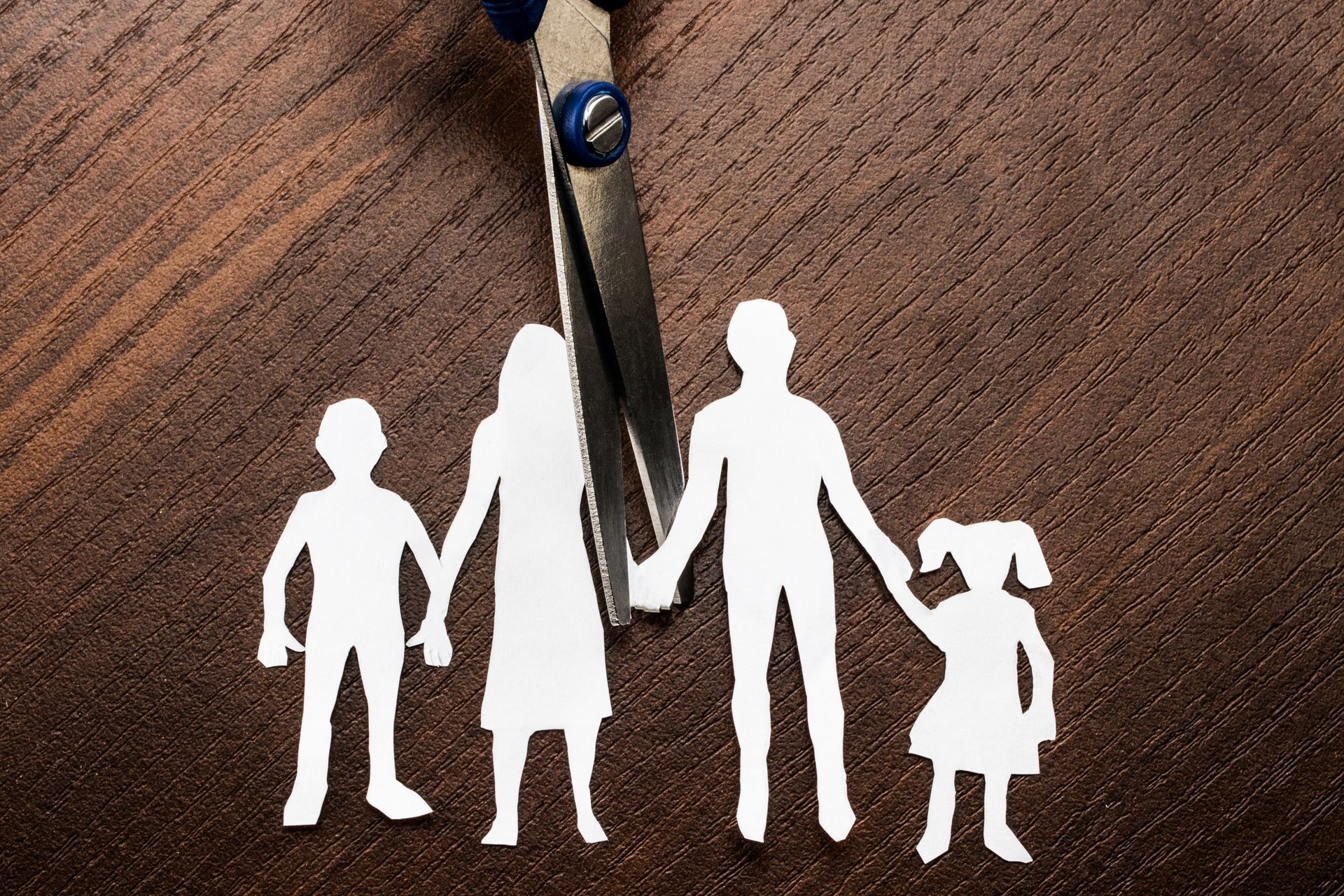What Are the Differences Between Chapter 7 and Chapter 13 Bankruptcy?
What Are the Differences Between Chapter 7 and Chapter 13 Bankruptcy?
When facing overwhelming debt, filing for bankruptcy can provide a fresh start. However, not all bankruptcies are the same. The two most common types of bankruptcy are Chapter 7 and Chapter 13. Both offer relief, but they differ in several important ways. Understanding these differences is crucial in determining which option may be right for your financial situation. In this post, we will break down the main distinctions between Chapter 7 and Chapter 13 bankruptcy, focusing on eligibility, the process, and the potential impact on your future.
Chapter 7 Bankruptcy: Liquidation of Assets
Chapter 7 bankruptcy, often referred to as "liquidation bankruptcy," is typically the faster of the two options. Under this process, a court-appointed trustee will oversee the sale of non-exempt assets to repay creditors. The goal of Chapter 7 is to eliminate most or all of your unsecured debts, such as credit card bills and medical expenses.
Not all assets will be sold. Each state, including Mississippi, has exemptions that protect certain property. If you meet the eligibility requirements and are able to qualify for Chapter 7, the process can take as little as a few months to complete. Once the debts are discharged, you will no longer be liable for them, allowing you to rebuild your financial life.
Chapter 13 Bankruptcy: Repayment Plan Over Time
In contrast, Chapter 13 bankruptcy allows individuals to keep their property and assets by establishing a repayment plan. This option is available for those with a steady income who can afford to repay some or all of their debts over a period of 3 to 5 years. The repayment plan is created based on your income, living expenses, and the amount of debt you owe.
Unlike Chapter 7, you won’t need to sell your assets. However, you must agree to make monthly payments to a trustee, who then distributes the funds to creditors according to the plan. Any remaining unsecured debt may be discharged at the end of the repayment period.
Eligibility Requirements: Who Can File for Each Type of Bankruptcy?
One of the main differences between Chapter 7 and Chapter 13 is the eligibility requirements. Chapter 7 bankruptcy is generally available to individuals who meet specific income requirements. In most cases, those with a household income lower than the median income in Mississippi can qualify for Chapter 7.
Chapter 13 bankruptcy, on the other hand, is available to individuals with a regular income who do not exceed the debt limits set by the court. This option may be ideal for those who have more assets to protect or who earn enough to repay part of their debts but need some relief from overwhelming bills.
The Impact on Your Credit Score and Financial Future
Both Chapter 7 and Chapter 13 bankruptcy will have a negative impact on your credit score, but the effects differ. Chapter 7 can remain on your credit report for up to 10 years, while Chapter 13 can stay for 7 years. However, Chapter 13 may allow for a faster recovery because it demonstrates that you are working to repay your debts, which can improve your credit score over time.
It is important to remember that bankruptcy is a serious decision that can affect your financial future. The type of bankruptcy you file for will determine how long it takes to rebuild your credit and your ability to take out loans in the future.
Choosing the Right Bankruptcy Option for You
The choice between Chapter 7 and Chapter 13 bankruptcy depends on your unique financial circumstances. Chapter 7 may be the right option if you have minimal assets, a low income, and overwhelming unsecured debts. Chapter 13 may be more appropriate if you have a steady income, want to protect your property, or have significant secured debts like a mortgage or car loan.
Working with an experienced bankruptcy attorney in Greenville, MS, can help you determine which option will provide the most benefit and guide you through the filing process.
Whether you choose Chapter 7 or Chapter 13 bankruptcy, the important thing is that you take action to address your financial difficulties. Both options offer relief, but the right one for you will depend on your specific needs and circumstances. If you are considering filing for bankruptcy in Greenville, MS, it’s essential to consult with a knowledgeable attorney who can help you make the best decision for your future.
At J. Madison Brooks III, Attorney at Law, we are committed to helping you explore all of your bankruptcy options and finding the right path toward a fresh financial start. Contact us today to schedule a consultation.










